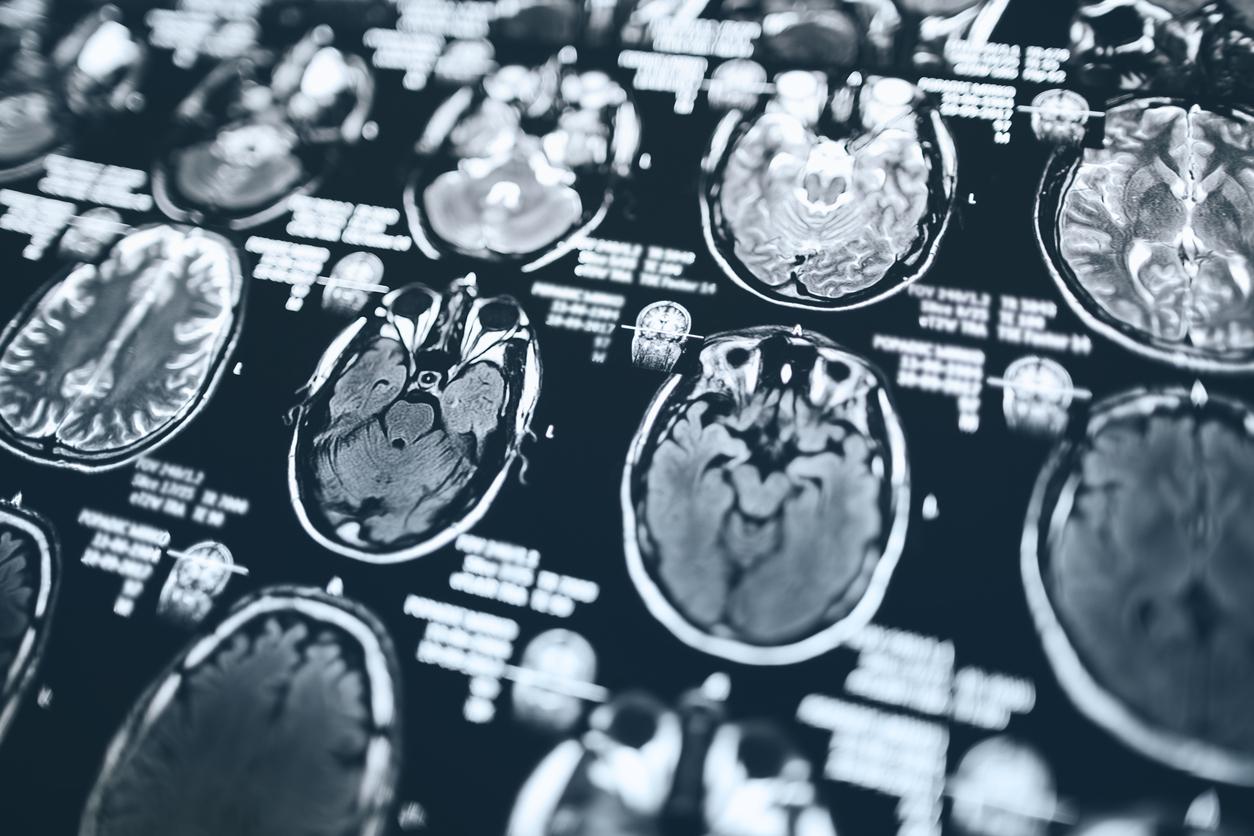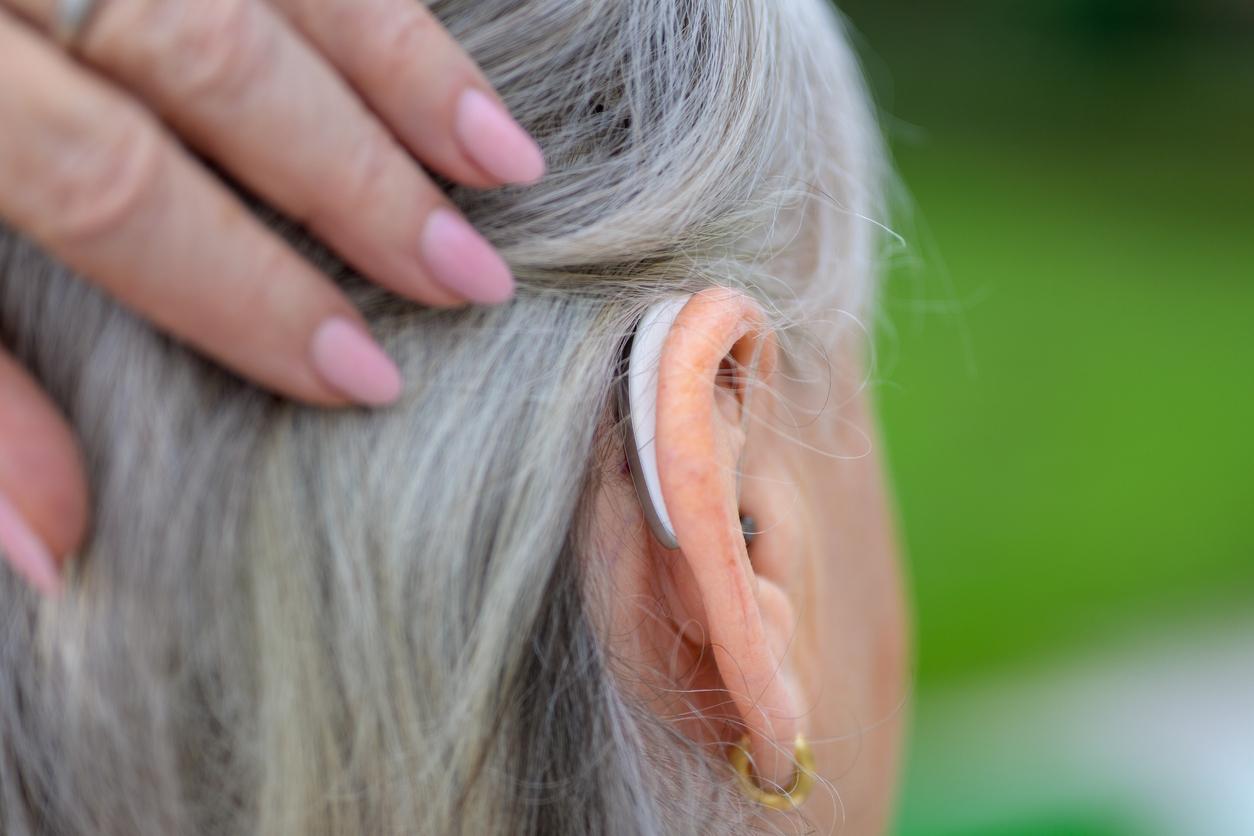Muscle tension, creaking joints… By being too sedentary, our body ends up alerting us to the fact that it needs more movement.

- At a time when sedentary lifestyles are breaking records and are leading to chronic diseases, a physiotherapist lists the five signs that you need to get your body moving more.
- If you are prone to constipation, experience muscle tension, have stiff joints, get out of breath easily, and are sad or moody, chances are you are not moving enough.
- Daily stretching, mobility exercises, walking and sport in general could help to compensate, to some extent, for the negative effects of a sedentary lifestyle on the body, according to the researcher.
If you are not getting enough exercise, your body “fortunately” lets you know by sending out a few SOS signals to get your attention. At a time when sedentary lifestyles are breaking records worldwide and are the breeding ground for chronic diseases, the American physiotherapist and author Lisa N. Folden lists the five signs that it is urgent to get your body moving more.
You are prone to constipation
“When your stool is retained, it’s a reasonable sign that you’re not getting enough fiber and water…or that you’re not moving enough.”begins the body specialist in an article published on the site EatingWell. “Lying down or sitting most of the day is a great way to make your bowels stop working…” To get things moving (literally), it’s crucial to move regularly: a walk during your lunch break, or deep stretches several times a day. “Your body and gut will thank you.”
You feel muscle tension
“Your muscles are like rubber bands, continues Dr. Folden. The more you stretch and move them, the more flexible they become. And if you don’t move them, they atrophy—essentially, they get smaller. When that happens, you may find everyday movements more difficult and uncomfortable.” For example, if you experience discomfort in your back or legs when picking up an object from the floor, it might be time to add some stretching and mobility exercises to your routine, even if it’s just “a few minutes three times a week”. Like cardio or strength training, stretching has “its own advantages” for the muscles.
Your joints are stiff
All of our joints contain a lubricant called synovial fluid, which helps the joints move smoothly and painlessly. “When you’re too sedentary and not getting enough physical activity, that fluid production starts to dry up and your joints notice.”explains the physiotherapist. The result is that grinding sensation you may feel in the morning. Incorporating a little walking or a few yoga moves into your day (and staying well hydrated) will help keep your joints more fluid.
You get out of breath easily
If you start to notice that walking up stairs or carrying groceries leaves you feeling out of breath, it’s high time to get more cardio into your daily routine. “This happens because your heart and lungs are no longer used to pumping and working at a higher rate than sedentary levels.”assures the researcher. They therefore put themselves “in overdrive” as soon as you undertake intensive physical activity. As you will have understood, the best way to maintain a healthy heart and lungs is to “keep your body active and fit”. For this, all sports are good…
You are sad or in a bad mood
The final telltale sign that you need to move has to do with your mental health. According to Dr. Folden, lack of exercise could be one of the reasons why you might be experiencing a decline in mood, as “Regular physical activity causes your body to produce more ‘happy’ hormones”. Starting with endorphins, which trigger a very pleasant sensation in the body and generally make you feel happier and more serene after exercise. A “reward” that makes sport one of the best natural antidepressants.
















